1. What is The Currency in Vietnam?
The official currency in Vietnam is the Vietnamese Dong (VND). First introduced in 1947, the dong has gone through several changes over the decades. Today, it is used only in paper form as coins are rarely circulated. Vietnam currency notes are issued in a wide range of denominations, including 100, 200, 500, 1,000, 2,000, 5,000, 10,000, 20,000, 50,000, 100,000, 200,000, and 500,000 VND, with the 500,000 note being the largest. As Vietnam remains a predominantly cash-based destination, travelers will rely heavily on these Vietnam currency notes for everyday expenses such as food, transport, shopping, and local services. While credit and debit cards are increasingly accepted in major cities, hotels, and international chain stores, carrying cash is still essential, especially in rural areas where electronic payments are uncommon. When it comes to foreign currencies, the US dollar is the most commonly accepted currency, followed by the Euro. Other currencies, such as the British pound or Australian dollar, are less widely accepted, and the exchange rates are often less favorable.
In short, the Vietnamese Dong (VND) is the only legal currency in Vietnam, and understanding the denominations of this currency in Vietnam will help you avoid confusion and spend more easily during your trip.
When it comes to foreign currencies, the US dollar is the most commonly accepted currency, followed by the Euro. Other currencies, such as the British pound or Australian dollar, are less widely accepted, and the exchange rates are often less favorable.
In short, the Vietnamese Dong (VND) is the only legal currency in Vietnam, and understanding the denominations of this currency in Vietnam will help you avoid confusion and spend more easily during your trip.
2. Currency Vietnam to Other Popular Currencies
2.1. Vietnam Currency to US currency
When it comes to the exchange rate between Vietnam and USD, the US Dollar is the most widely traded currency in Vietnam. As of September 26, 2025, the exchange rate is approximately 1 USD = 26,397 VND. This means that 10 USD is equivalent to approximately 263,970 VND, while 100 USD is equivalent to approximately 2,639,700 VND.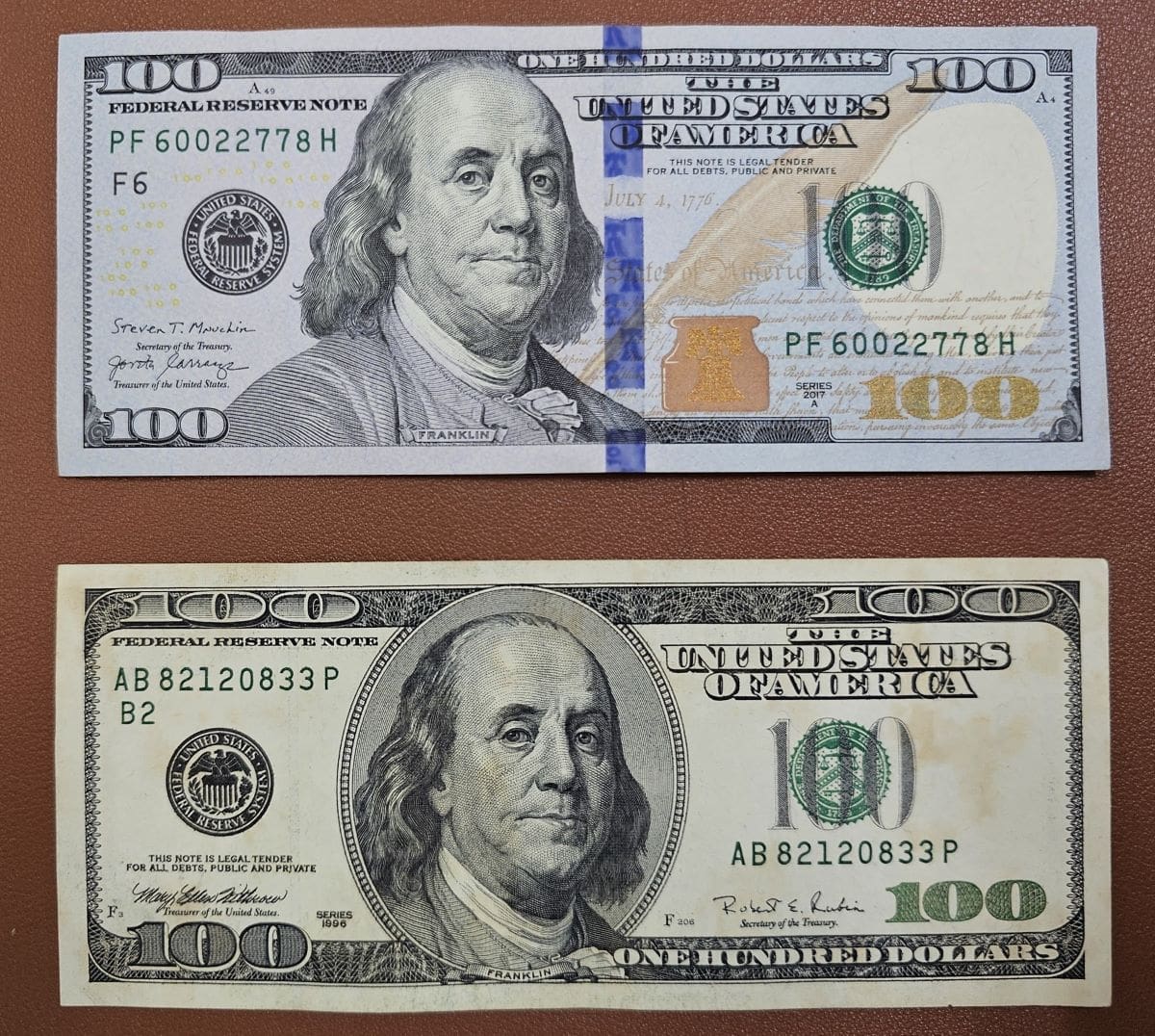 Visitors should note that Vietnam is a cash-based society, so exchanging dollars for Vietnamese Dong is essential for daily expenses. U.S. dollars are accepted almost everywhere, including banks, official money changers, and even some hotels, but always make sure the note is clean and undamaged to avoid rejection.
Visitors should note that Vietnam is a cash-based society, so exchanging dollars for Vietnamese Dong is essential for daily expenses. U.S. dollars are accepted almost everywhere, including banks, official money changers, and even some hotels, but always make sure the note is clean and undamaged to avoid rejection.
2.2. Vietnam Currency to Chinese Yuan
For travelers coming from China, understanding the Vietnam currency to Chinese Yuan (CNY), also known as Renminbi (RMB), is especially important since Vietnam is one of the top destinations for Chinese tourists. As of September 26, 2025, the exchange rate is around 1 CNY ≈ 3,699 VND, meaning that 10 CNY converts to approximately 36,990 VND, while 100 CNY equals about 369,900 VND. This makes it convenient for Chinese visitors to calculate expenses quickly when traveling across Vietnam.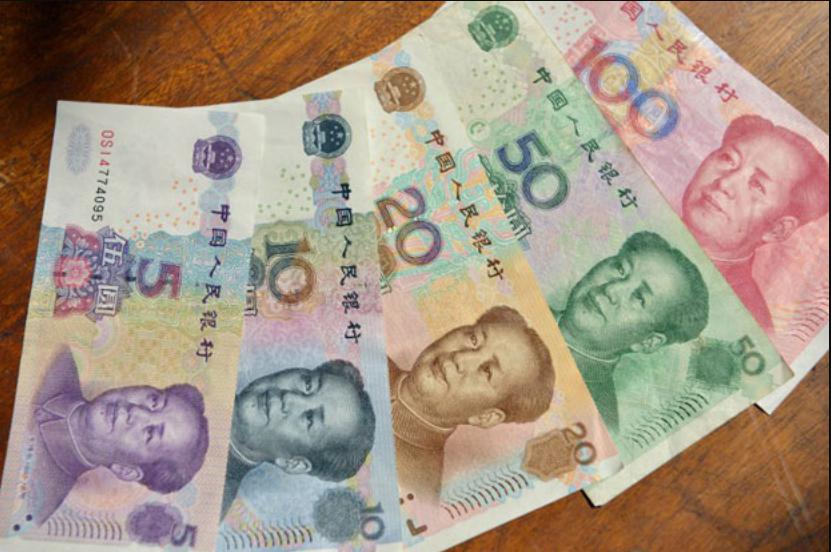 You can exchange CNY at banks, licensed money changers, and some border areas, but it is best to use official counters to avoid counterfeit money or low exchange rates. Although some hotels and shops near the border may accept RMB directly, the exchange rate is often unfavorable.
Carrying Vietnamese Dong is still necessary for small expenses when traveling in Vietnam. Preparing in advance and monitoring the latest exchange rates will ensure a smoother and more economical trip for Chinese tourists.
You can exchange CNY at banks, licensed money changers, and some border areas, but it is best to use official counters to avoid counterfeit money or low exchange rates. Although some hotels and shops near the border may accept RMB directly, the exchange rate is often unfavorable.
Carrying Vietnamese Dong is still necessary for small expenses when traveling in Vietnam. Preparing in advance and monitoring the latest exchange rates will ensure a smoother and more economical trip for Chinese tourists.
2.3. Vietnam Currency to Euro
For European travelers, Vietnam currency to EUR is also common and straightforward. The Euro is widely accepted for exchange in major cities such as Hanoi, Ho Chi Minh City, and Da Nang.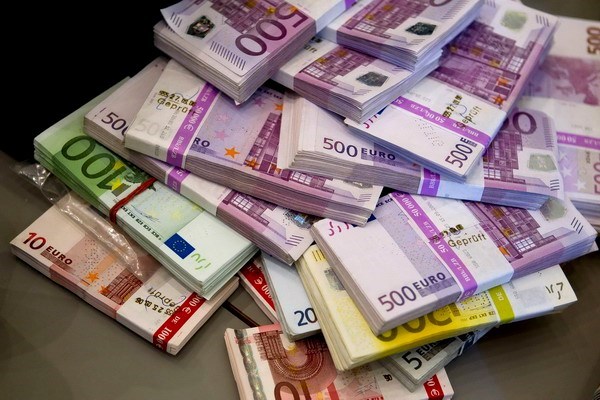 The current exchange rate is approximately 1 EUR ≈ 31,018 VND, so 10 EUR converts to about 310,180 VND, and 100 EUR is equivalent to 3,101,800VND. While Euros are easy to exchange, rates can sometimes be slightly less favorable compared to USD. To get the best value, it is recommended to exchange at official banks or licensed currency exchange counters.
The current exchange rate is approximately 1 EUR ≈ 31,018 VND, so 10 EUR converts to about 310,180 VND, and 100 EUR is equivalent to 3,101,800VND. While Euros are easy to exchange, rates can sometimes be slightly less favorable compared to USD. To get the best value, it is recommended to exchange at official banks or licensed currency exchange counters.
2.4. Vietnam Currency to Indian Rupee (INR)
Currency Vietnam to INR is an important topic for Indian travelers as Vietnam becomes a top holiday destination. As of September 26, 2025, the exchange rate is about 1 INR ≈ 297 VND, so 100 INR equals 29,700 VND and 1,000 INR is around 297,000 VND.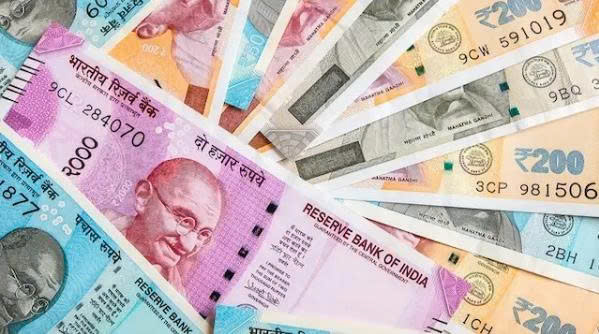 The Indian Rupee can be exchanged at banks and licensed money changers in big cities like Hanoi and Ho Chi Minh City, though it is less common than USD or EUR. Many tourists choose to convert INR to USD before arrival for better rates. Keeping some Vietnamese Dong in cash ensures smooth payments for food, shopping, and transport during the trip.
The Indian Rupee can be exchanged at banks and licensed money changers in big cities like Hanoi and Ho Chi Minh City, though it is less common than USD or EUR. Many tourists choose to convert INR to USD before arrival for better rates. Keeping some Vietnamese Dong in cash ensures smooth payments for food, shopping, and transport during the trip.
2.5. Vietnam Currency to Japanese Yen
For Japanese tourists, the Vietnamese currency to JPY is also very popular. The current exchange rate is about 100 JPY = 17,612 VND, which means 1 JPY is about 176 VND and 10 JPY is about 1,761 VND.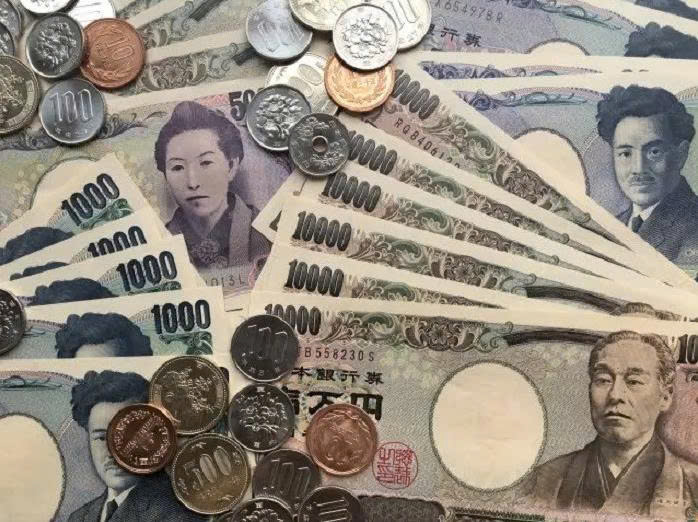 Although Japanese Yen can be exchanged at banks and authorized money changers, travelers may find it more convenient to bring larger denominations to avoid dealing with small notes that are not always accepted at every counter.
Although Japanese Yen can be exchanged at banks and authorized money changers, travelers may find it more convenient to bring larger denominations to avoid dealing with small notes that are not always accepted at every counter.
